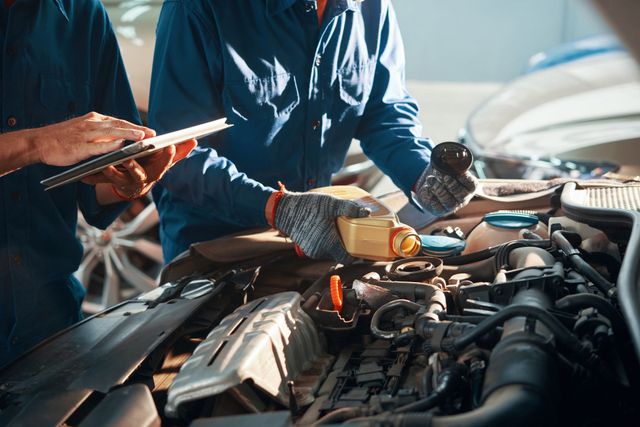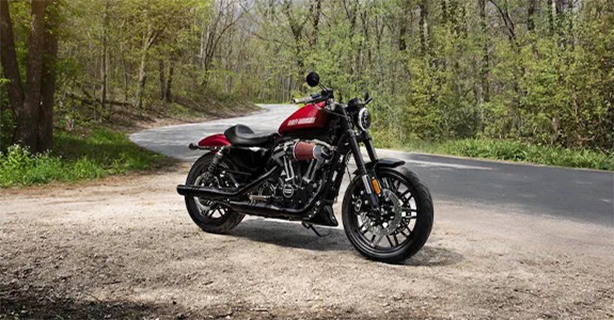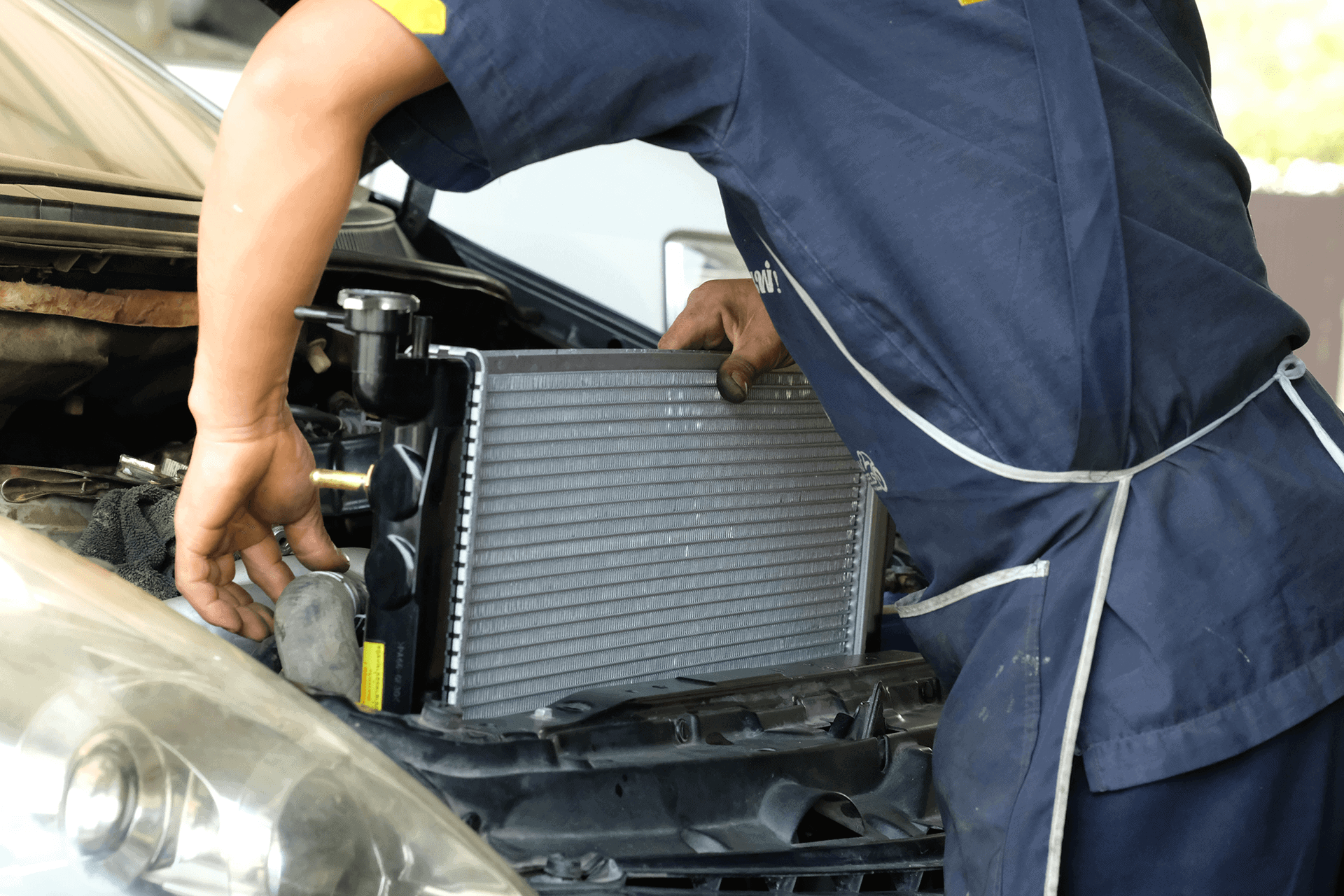
Enhancing the longevity of your vehicle’s starter involves regular maintenance, mindful driving habits, and addressing issues before they lead to significant damage. Here are some key strategies to keep your starter motor in top condition for as long as possible:
1. Regular Battery Maintenance
- Check Battery Health: The starter motor relies heavily on the battery to turn the engine over. Ensure your battery is in good condition and has sufficient charge. Regularly inspect the battery terminals for corrosion, and clean them if necessary. A weak or damaged battery can put extra strain on the starter motor.
- Keep the Battery Fully Charged: Avoid running the battery down too much. Use the vehicle regularly to ensure the battery stays charged, especially if you have a newer car with a lot of electrical systems.
2. Address Electrical System Issues
- Inspect the Wiring: Ensure that the wiring to and from the starter motor is in good condition. Corroded or loose connections can hinder the proper function of the starter. Regularly inspect the cables and replace any damaged ones.
- Test the Alternator: The alternator charges the battery and powers electrical components when the engine is running. If the alternator is malfunctioning, it can cause low battery voltage, which affects the starter motor’s ability to operate properly.
3. Avoid Excessive Starting
- Limit Cranking Time: When starting your vehicle, avoid prolonged attempts to crank the engine. If the engine doesn’t start within a few seconds, stop and wait for a minute before trying again. Extended cranking can overheat the starter motor and cause it to wear out prematurely.
- Avoid Starting and Stopping Repeatedly: Frequent, unnecessary starts can also wear out the starter motor. Try to limit the number of times you start your engine to minimize wear on the starter.
4. Ensure Proper Engine Health
- Regular Engine Maintenance: A smooth-running engine requires less effort to start. Ensure that the engine is well-maintained by checking things like spark plugs, fuel system, and ignition system. If these components are functioning properly, the starter motor won’t have to work as hard.
- Use High-Quality Fuel: Poor-quality fuel can cause engine misfires or rough starts, which puts additional stress on the starter. Use good-quality fuel and change the fuel filter as needed.
5. Keep the Starter Motor Clean
- Prevent Dirt and Debris: Ensure the area around the starter motor is free from dirt, dust, and debris. A clean starter motor will run more efficiently and last longer. Regularly inspect and clean around the starter if necessary.
- Lubricate Moving Parts: The starter motor’s gear mechanism should be properly lubricated to ensure smooth operation. Periodically check for wear and apply the correct lubricant as recommended by your vehicle’s manual.
6. Replace Worn Components
- Check the Solenoid: The solenoid is a crucial part of the starter system. Over time, it can wear out or fail. If you experience clicking sounds or delayed starts, it might indicate a problem with the solenoid. Have it checked and replaced if necessary.
- Monitor the Flywheel: A damaged or worn flywheel can cause the starter to grind or fail to engage properly. Regularly check the flywheel for damage, especially if you experience unusual noises when starting your vehicle.
7. Avoid Using the Starter to Jump-Start Other Vehicles
- Don’t Overload the Starter: Using your vehicle’s starter to jump-start other cars can put undue strain on the starter motor. If you need to jump-start another vehicle, it’s better to use jumper cables and follow the proper procedure to avoid damaging your starter.
8. Address Starting Problems Promptly
- Listen for Unusual Sounds: If your vehicle makes unusual noises when starting, such as grinding, clicking, or a high-pitched whine, it could be a sign that the starter motor is failing. Address any starting issues promptly to avoid further damage.
- Seek Professional Help for Persistent Issues: If you notice the vehicle is having trouble starting or requires more effort to start than usual, take it to a mechanic as soon as possible. A professional can diagnose any issues with the starter motor, battery, or related components before they escalate.
9. Use a Quality Starter Motor
- Invest in a Reliable Starter: When replacing the starter motor, ensure that you choose a high-quality part that is compatible with your vehicle. A premium starter motor will be more durable and reliable, reducing the likelihood of premature failure.
10. Practice Good Driving Habits
- Avoid Short Trips: Frequently starting your vehicle for short trips can put strain on the starter motor, as it doesn’t give the battery enough time to recharge. If possible, combine short trips or plan for longer drives to allow the battery to charge fully.
By following these strategies, you can help extend the life of your vehicle’s starter motor and avoid costly repairs or replacements. Regular maintenance, along with good driving habits, is key to ensuring that the starter motor continues to function efficiently over the years.



